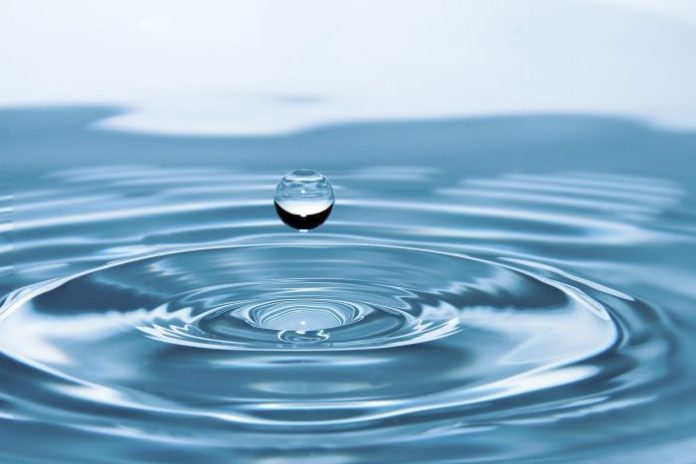
ENEA and the University of Bologna, in collaboration with Gruppo Hera and Irritec, have developed a technologically advanced prototype capable of purifying wastewater in order to use it to irrigate and fertilise cultivated fields, with benefits in terms of greater water availability, nutrient supply, reduction of chemical fertilisers, environmental sustainability and quality of the purification chain.
The innovation is part of the Value CE-IN project, financed by the Emilia-Romagna Region and the Development and Cohesion Fund, and will be presented on World Water Day, which is celebrated every year on 22nd March.
The demonstration prototype was built at the Hera Group’s purification plant in Cesena and was tested on an experimental field with 120 crops, including 66 peach trees and 54 processing tomatoes. The results collected after the experimental phase confirm the quality of the purified water for agricultural purposes.
“The results obtained within the project, coordinated by ENEA, could support the application of the prototype scheme to all wastewater treatment plants and the dissemination of reuse practices to the benefit of all stakeholders in the supply chain – from plant operators to drainage consortia and the automation sector, with the aim of guaranteeing a non-conventional and safe source of water and, at the same time, supplying nutrients to the crops, in line with the new EU guidelines in force from 2023,” stresses project coordinator Luigi Petta, head of the ENEA Laboratory of Technologies for the efficient use and management of water and wastewater.
According to recent studies, in Italy per capita withdrawals of fresh water for agricultural use account for about 50% of total water requirements. In addition, the increasingly frequent phenomena of water scarcity due to climate change pose a serious risk to more than a third of national agricultural production, with damage to the quantity and quality of crops, estimated at an average of one billion euros per year.
The results of industrial research, to be confirmed by further campaigns, highlight the feasibility of circular economy and industrial symbiosis practices that favour the conversion of purification plants into true biorefineries from which primary water resources can be recovered, secondary products with high added value, such as soil conditioners and fertilisers able to guarantee a supply of nutrients, including nitrogen, phosphorous and potassium, and reduce the use of synthetic chemical fertilisers.
“The research carried out has highlighted the high potential of reusing purified wastewater for fertirrigation purposes, both in terms of quantity and nutrients, exploiting smart technologies and materials that allow irrigation and precision fertilisation management. Moreover, the verification of the effects of the direct reuse of secondary and tertiary effluents on the “soil-plant” system has shown, in the studies conducted so far, the safety and sustainability of this practice,” says Attilio Toscano, professor of agricultural hydraulics and coordinator of the experimental activities conducted by CIRI FRAME, the Interdepartmental Centre for Industrial Research on Renewable Sources, Environment, Sea and Energy at the University of Bologna.
“This experiment is part of the Hera Group’s strategies aimed at an increasingly efficient use of resources, with reduced consumption, circularity and reuse solutions. The Cesena wastewater treatment plant is, in fact, a concrete example of circular economy within the water cycle, both in terms of a tangible and secure possibility of reusing purified wastewater for agricultural purposes, and in terms of the valorisation and recovery of secondary products from sewage sludge,” points out Susanna Zucchelli, Hera Group Water Director.
“By virtue of the results achieved, the project aims to act as a catalyst for agreements between institutions and companies in the supply chain, already involved in project development, to implement these practices on a real scale, starting from the best practice developed in Cesena as part of the project,” concludes Petta.



































